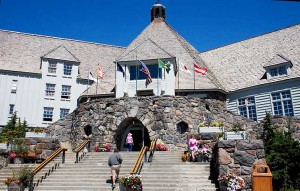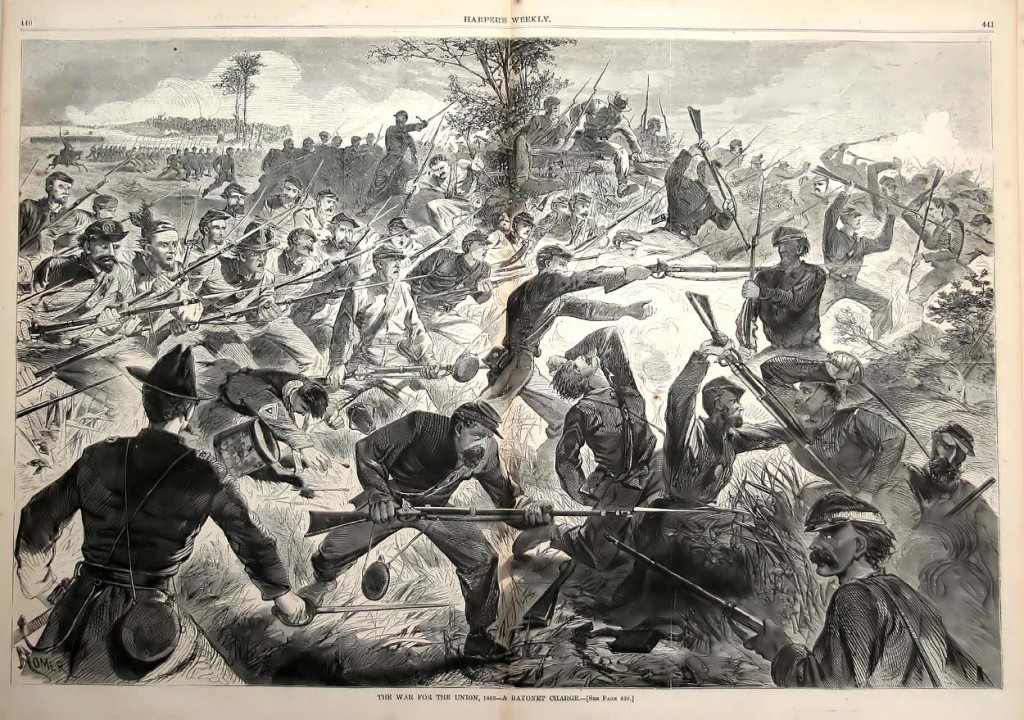By Trisha Pancio Mead
Self-confidence. Poise. Complex pattern recognition. Spatial relationships. Symmetry and paradox. Good design. Leadership. Collaborative, deadline-driven, results-oriented cooperative achievement. Proportion. Scale. Balance. Discipline. Persuasiveness. Empathy. And yes, innovation.
Are these values and skill sets that we want instilled in the next generation? The generation, let’s remember, that will ultimately be responsible for running the organizations, government entities and private businesses that are the backbone of Portland’s economy?
 Or, let’s get even more pragmatic here: What percentage of our future workforce would we like to see have a high school diploma? And is it worth $35 a year to ensure that, not only do more of Portland’s students graduate, they also graduate with self-confidence, discipline, empathy and the capacity for innovation?
Or, let’s get even more pragmatic here: What percentage of our future workforce would we like to see have a high school diploma? And is it worth $35 a year to ensure that, not only do more of Portland’s students graduate, they also graduate with self-confidence, discipline, empathy and the capacity for innovation?
Because, in its simplest terms, the funding mechanism proposed by the Creative Advocacy Network is designed to do exactly that: restore arts and music instruction and increase access to arts related experiences throughout Portland. On Saturday The Oregonian’s editorial board dismissed the proposal, arguing that art and music “are low priorities.” Oregon Arts Watch founder and editor Barry Johnson quickly filed this rebuttal, and Niel DePonte – Oregon Symphony percussionist, music director of Oregon Ballet Theatre, Grammy nominee, founder/president of Metro Arts, Inc. – followed with this rebuttal printed in The Oregonian’s opinion section.
Why, in spite of The Oregonian’s objections, is this initiative crucial?
Continue reading Generation Nexus: How CAN we fund the skills our future leaders will need?
 No surprise here. With the state budget circling the toilet bowl and getting ready for the big flush, neither candidate is likely to come out promising anything to anyone about arts and culture. Remember last year, when the Democrat-dominated legislature
No surprise here. With the state budget circling the toilet bowl and getting ready for the big flush, neither candidate is likely to come out promising anything to anyone about arts and culture. Remember last year, when the Democrat-dominated legislature  Funny, isn’t it, that both money and manure hit the fan in the world of politics? This isn’t a condemnation. It’s the necessary nature of the political beast. You shovel and shovel, and spread and spread, and hope you’ve put the seeds in the right places. In tough times, the process tends to get heavy on manure and light on money — and these, as you might have noticed, are tough times. Do we spend our way out of our economic mess, or batten the hatches and risk total shutdown?
Funny, isn’t it, that both money and manure hit the fan in the world of politics? This isn’t a condemnation. It’s the necessary nature of the political beast. You shovel and shovel, and spread and spread, and hope you’ve put the seeds in the right places. In tough times, the process tends to get heavy on manure and light on money — and these, as you might have noticed, are tough times. Do we spend our way out of our economic mess, or batten the hatches and risk total shutdown?